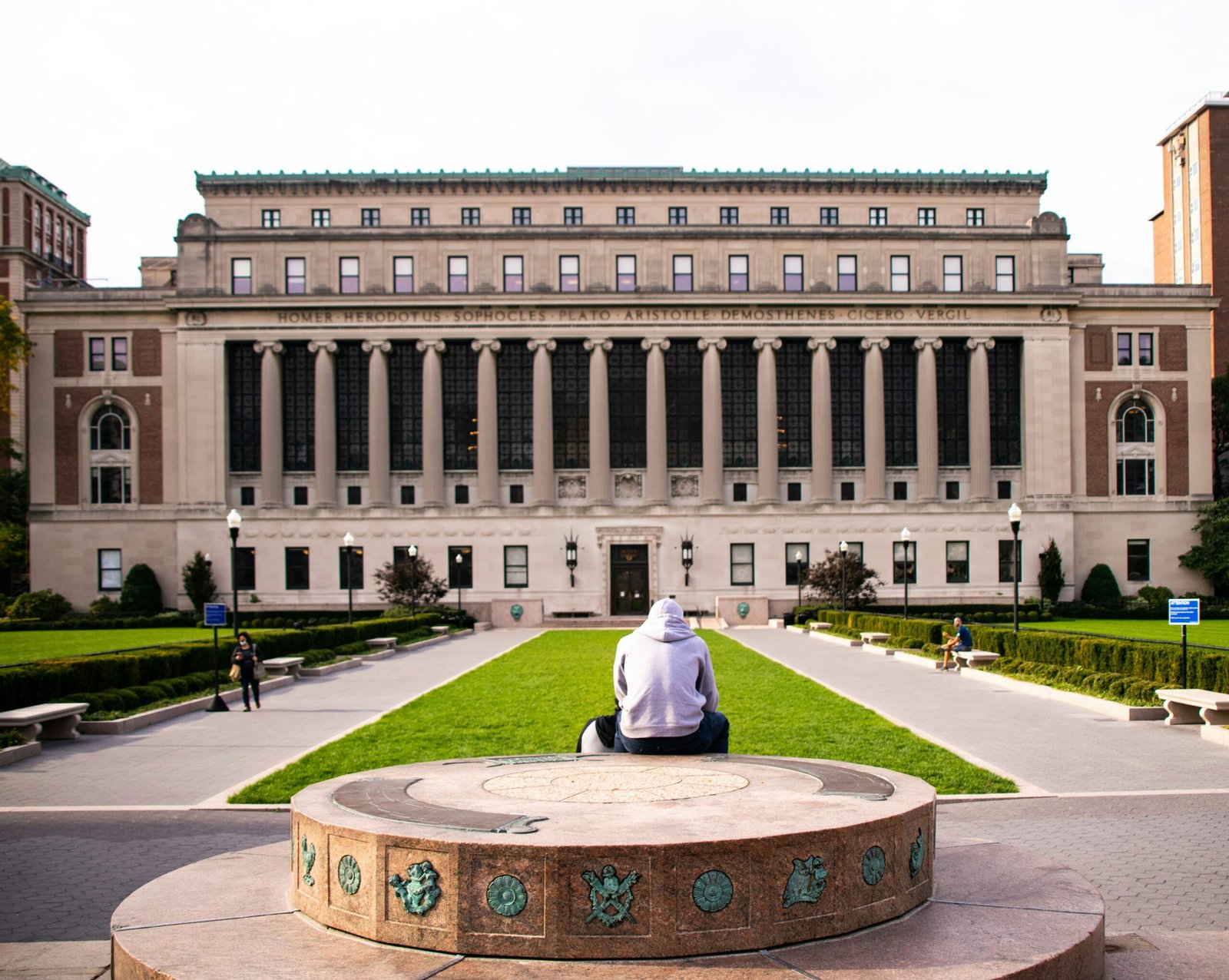

A Brief History of Princeton University
Founded in 1746, Princeton University, originally known as the College of New Jersey, is one of the oldest institutions of higher education in the United States. The college was established in Elizabeth, New Jersey, amidst a period of burgeoning intellectual and educational pursuits in the American colonies. The founders, primarily New Light Presbyterians, envisioned an institution that would combine academic rigor with religious instruction, aiming to cultivate knowledgeable and morally grounded leaders for the new nation.
Key figures in the founding included Jonathan Dickinson, the first president of the college, and John Witherspoon, who later became a pivotal president and signed the Declaration of Independence. Witherspoon’s leadership significantly shaped the college’s curriculum, emphasizing a blend of classical education and practical knowledge, which laid the groundwork for Princeton’s enduring educational philosophy.
In 1756, the college relocated to its current site in Princeton, New Jersey. Nassau Hall, the university’s first building, became the epicenter of academic life and has since remained a symbol of Princeton’s historical legacy. This move marked a significant milestone, providing the college with a stable home and the opportunity to grow its academic and physical infrastructure.
The historical context of the time, characterized by the Enlightenment and the Great Awakening, profoundly influenced Princeton’s mission and values. The college aimed to foster an environment where intellectual inquiry and religious faith could coexist, promoting a holistic approach to education. Over the years, Princeton has evolved, embracing broader academic disciplines while maintaining its foundational principles.
Significant milestones in Princeton’s history include the expansion of its academic programs, the establishment of its graduate school in 1900, and the admission of women in 1969. These developments have contributed to Princeton’s reputation as a leading global institution, renowned for its academic excellence, influential alumni, and contributions to various fields of study. Today, Princeton University stands as a testament to its rich historical heritage, continuing to honor the vision of its founders while adapting to the ever-changing landscape of higher education.
Academic Excellence and Innovations
Princeton University has long been synonymous with academic excellence and groundbreaking innovations. Its commitment to fostering an environment of intellectual rigor is evident across its diverse range of undergraduate, graduate, and doctoral programs. The university offers robust curricula in the humanities, social sciences, natural sciences, and engineering, ensuring a comprehensive education that equips students with the skills needed to excel in their respective fields.
The humanities at Princeton are particularly renowned, with programs in literature, history, philosophy, and languages that are among the best in the world. Princeton’s social sciences departments, including economics, politics, and sociology, also enjoy a stellar reputation, consistently producing research that informs and shapes policy on a global scale. In the natural sciences, the university has made significant strides in fields such as physics, chemistry, and biology, contributing to our understanding of the universe and life itself. The School of Engineering and Applied Science at Princeton is at the forefront of technological advancements, pioneering research in areas like artificial intelligence, materials science, and environmental engineering.
Princeton’s faculty members are a testament to the university’s dedication to academic excellence. The institution boasts numerous Nobel laureates, Fields Medalists, and MacArthur Fellows among its professors. Their groundbreaking research and innovative teaching methods not only enhance the academic experience for students but also contribute significantly to global knowledge. For instance, Professor Angus Deaton’s work on poverty and development has had a profound impact on economic policies worldwide, earning him the Nobel Prize in Economic Sciences in 2015. Similarly, the research conducted by Professor Jennifer Rexford in computer science has paved the way for advancements in network management and internet architecture.
Princeton’s culture of innovation is further exemplified by its numerous research centers and institutes. The Princeton Plasma Physics Laboratory (PPPL) is a leading research facility in the study of plasma and fusion energy, while the Princeton Neuroscience Institute (PNI) is at the cutting edge of brain research, exploring the neural underpinnings of behavior and cognition. These institutions not only advance scientific knowledge but also provide students with unparalleled opportunities for hands-on research and learning.
Through its unwavering commitment to academic excellence and innovation, Princeton University continues to shape the future of education and research, making significant contributions to a wide array of disciplines and addressing some of the most pressing challenges facing our world today.


